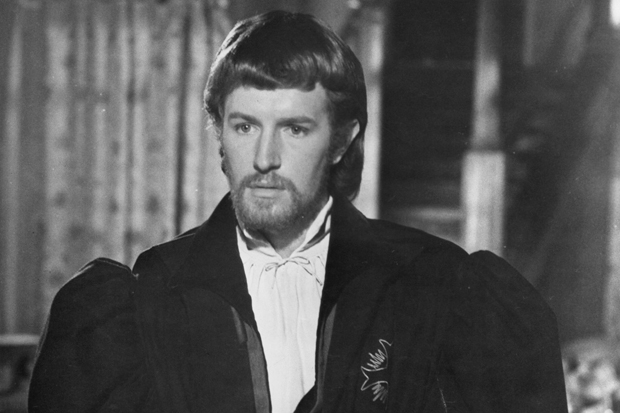In Colm Tóibín’s much-loved 2009 novel Brooklyn, Eilis Lacy, somewhat to her own surprise, leaves 1950s Enniscorthy (Tóibín’s own home town in County Wexford where several of his books are set) for a new life in the United States. Before that,
Eilis had always presumed that she would live in the town all her life, having the same friends and neighbours… that she would find a job in the town, and then marry someone and give up the job and have children.
Now, in Nora Webster, we meet a woman who has done all of the above — a contrast made clear in the opening pages when Eilis’s mother makes a brief appearance to lament the fact that her daughter didn’t stay in Ireland.
By then it’s 1968 and Nora has recently become yet another of Tóibín’s main characters — including the mother of Christ in last year’s Man Booker-shortlisted The Testament of Mary — to be suffering a bereavement. Her husband Maurice has just died, leaving Nora, always the less outgoing one in the marriage, to look after their four children, three of whom are still at school. But if that leads anyone to expect a novel that emotes wildly, then they obviously haven’t read Tóibín before. Instead, this is a book that, perhaps even more than his previous work, both explores and largely relies on the unsaid.
Nora does sometimes ruminate on being alone — or more precisely, on ‘wandering in a sea of people with the anchor lifted’. Mostly, however, she simply gets on with it, patiently enduring a stream of clumsily well-intentioned visitors and agreeing to return to her pre-marriage job as an office bookkeeper (‘She told no one about the arrangement’). By my calculations, not until page 252 does she and any of the children have a conversation about missing their father — and that lasts for five lines.
It’s a level of restraint that Tóibín certainly seems to understand (especially in small-town Ireland, where privacy is in such short supply) and even rather to admire. Yet at no stage does he romanticise it, or overlook its dangers. After all, leaving things unsaid can, it goes without saying, cause some damage, and Nora’s children are often left badly adrift. When, towards the end, she castigates herself for ‘a series of misjudgements’ in her treatment of them since their father’s death, it’s distressingly difficult to disagree.
Then again, Tóibín’s own level of restraint is pretty striking as well. It’s also what makes the novel so quietly but overwhelmingly affecting. As Nora goes about her daily business — getting a mildly daring hairdo, wondering whether to buy a stereo, taking the children on a caravan holiday — the book is on the face of it little more than a loose sequence of perfectly realised but unspectacular individual scenes. In fact, though, it gradually becomes apparent that all the real action is taking place beneath the surface, making itself felt in her awkward progress towards some kind of independence, or at least towards a proper acknowledgement of the need to find a new way to live now that Maurice is no longer there.
And in this, it may well be that the novel — again without ever forcing the issue — has wider concerns too. The time it covers, from the late 1960s to the early 1970s, were also the years when, as various background details attest, Ireland was finally beginning to lose the political and religious orthodoxies of the de Valera generation and to make its hesitant way into the consumerist future. Similarly, with her old anchoring certainties gone, Nora ends up looking forward to her new possibilities with a mixture of fear and something reluctantly approaching excitement.
Got something to add? Join the discussion and comment below.
Get 10 issues for just $10
Subscribe to The Spectator Australia today for the next 10 magazine issues, plus full online access, for just $10.
Available from the Spectator Bookshop, £15.99 Tel: 08430 600033
You might disagree with half of it, but you’ll enjoy reading all of it. Try your first month for free, then just $2 a week for the remainder of your first year.














Comments
Don't miss out
Join the conversation with other Spectator Australia readers. Subscribe to leave a comment.
SUBSCRIBEAlready a subscriber? Log in